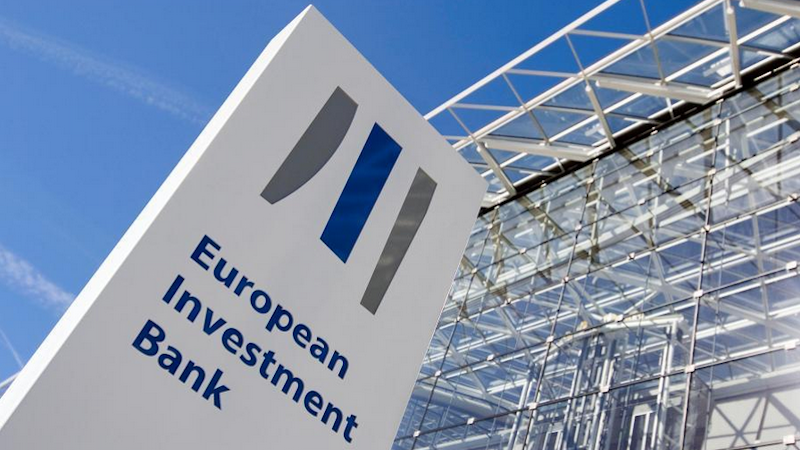Fixing our climate is one of the biggest challenges our politicians will have to face in the years to come, and more and more of them are committing to making this a top political priority.
However, non-binding progressive statements aside, do our representatives really jump at all the chances they have to make sure Europe is on the right track to contain climate change?
A real opportunity is coming up next Friday, when the 28 finance ministers of the EU Member States gather in Luxembourg wearing their hats of “governors” of the European Investment Bank (EIB). This summit happens once a year, and the ministers are called to define the key priorities of the little-known EU bank for the year to come.
Climate change an ‘unconscionable’ threat to peace: German foreign office
Climate change should fit perfectly in those discussions. All the more since the bank is now drafting a new energy lending policy, which is supposed to affect exactly the kind of projects that will make the difference in paddling in favour or against the radical changes that we need to fight global warming.
Taking a step back, it’s crucial to underline the importance of the EIB’s potential leading role in the global climate fight.
Managing billions of euros in energy projects every year, the EIB is not just another bank. It’s the world’s largest multilateral lender, even larger than the World Bank. It is the financial arm of the European Union, a public institution. Its energy choices are thus key to set the world on the right path to protect our climate.
Yet, so far the EIB has largely financed climate-damaging fossil fuel projects – the NGO Bankwatch reported that the bank lent nearly €12 billion to fossil fuels between 2013 and 2017 – while calling itself a “climate leader”.
Finland to be carbon neutral by 2035. One of the fastest targets ever set
Such climate double-face can’t work any more, especially now that more and more citizens recognize the climate urgency and have marched in the streets all over the world to call on politicians to act swiftly. Recently the message reached the bank’s doors in Luxembourg when following a campaign by civil society demanding a “Fossil Free EIB”, tens of thousands of EU citizens participated in the public consultation on its energy policy, calling on the bank to abandon fossil fuels lending once and for all.
Now that the draft policy moves into the hands of the EIB Board of Directors – a body made of representatives of the member states and the European Commission, it’s the EU governments’ turn to prove their coherence and make their voice heard. As the shareholders of the EIB, the EU member states will be the ones having the final say.
Climate news straight to your inbox? Sign up here
Positive signals are emerging: for example, eight European countries published a non-paper in which they asked for “transforming the EIB in order to make green financing its top priority and promote investment in energy and climate transition”. But for change to happen, there needs to be a united front, and the message needs to come from the majority of member states.
That’s why, if they really do listen to their citizens, when finance ministers meet as EIB governors next week, they need to push for an ambitious new energy policy for the world’s biggest public bank. One that says goodbye to the energy sources of the past, and welcomes a future of sustainable renewable ones. A future that Europe can be proud of.
Xavier Sol and Adriana Paradiso are from the NGO Counter Balance
